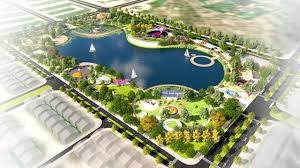
The Imperial Palace System During the Ming Dynasty: A Glimpse into the Power and Grandeur of Ancient China
The Ming Dynasty (1368–1644) marked one of the most influential periods in Chinese history, renowned not only for its cultural and artistic achievements but also for its extraordinary political and architectural feats. One of the key elements of the Ming Dynasty’s political and cultural legacy was the Imperial Palace System, which embodied the emperor’s absolute…














